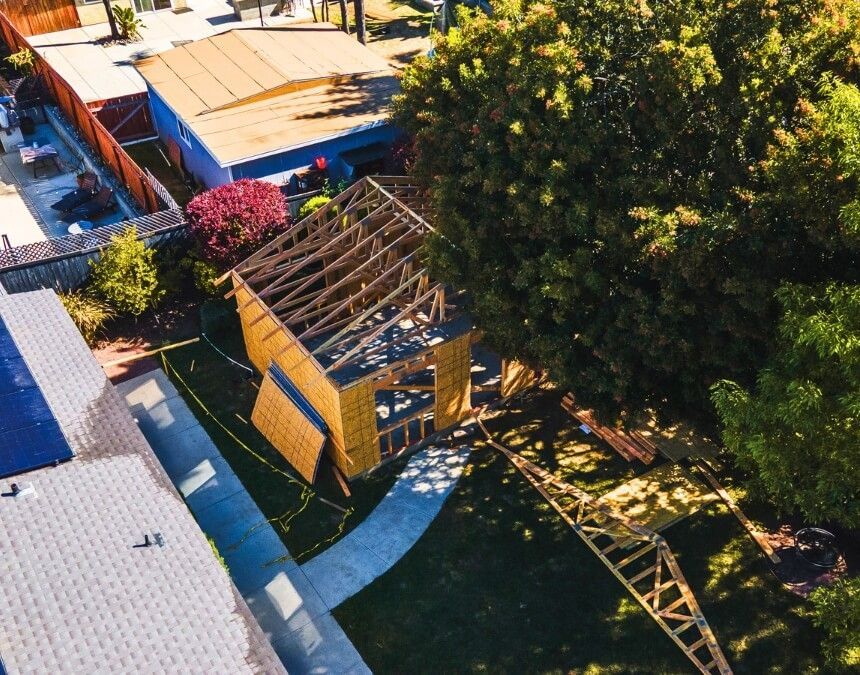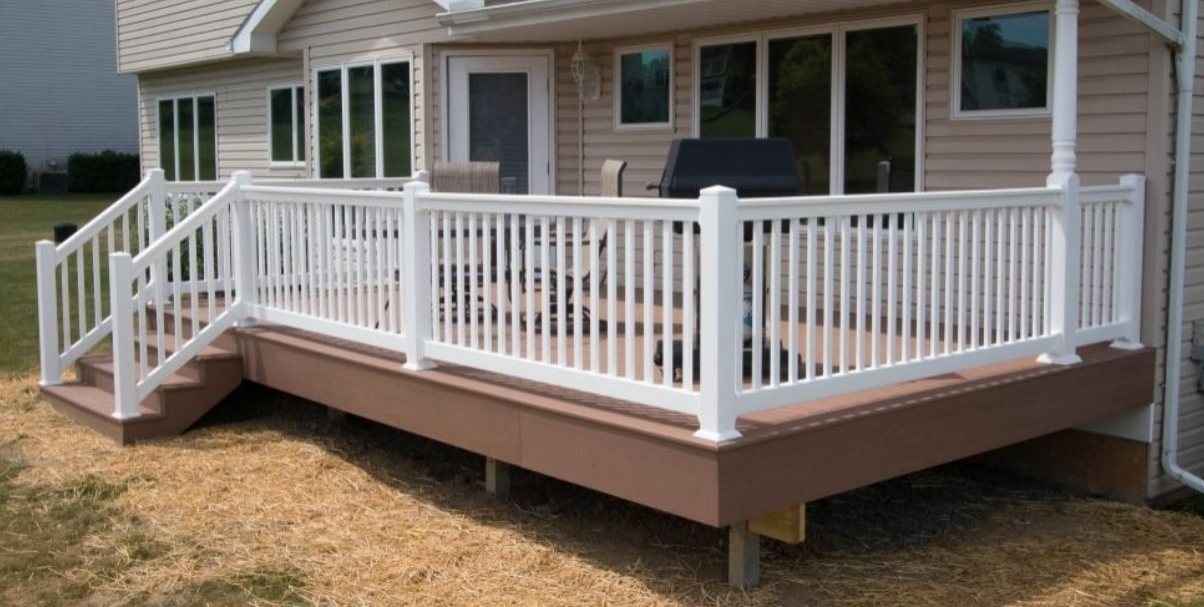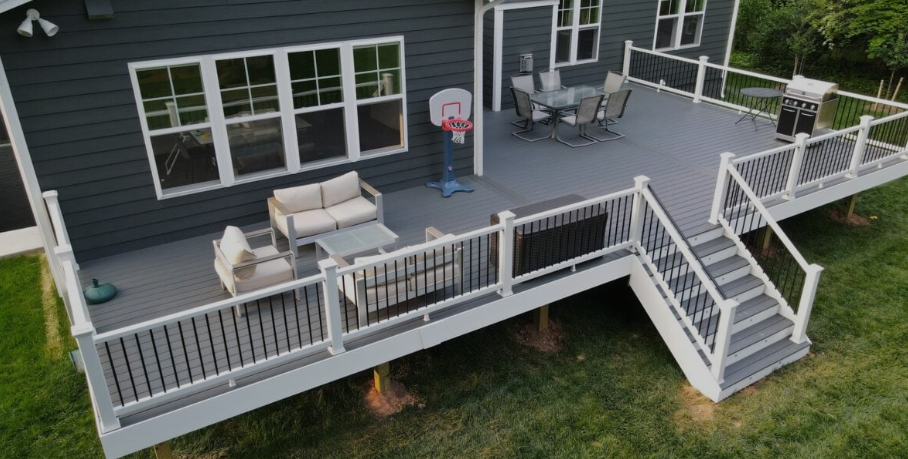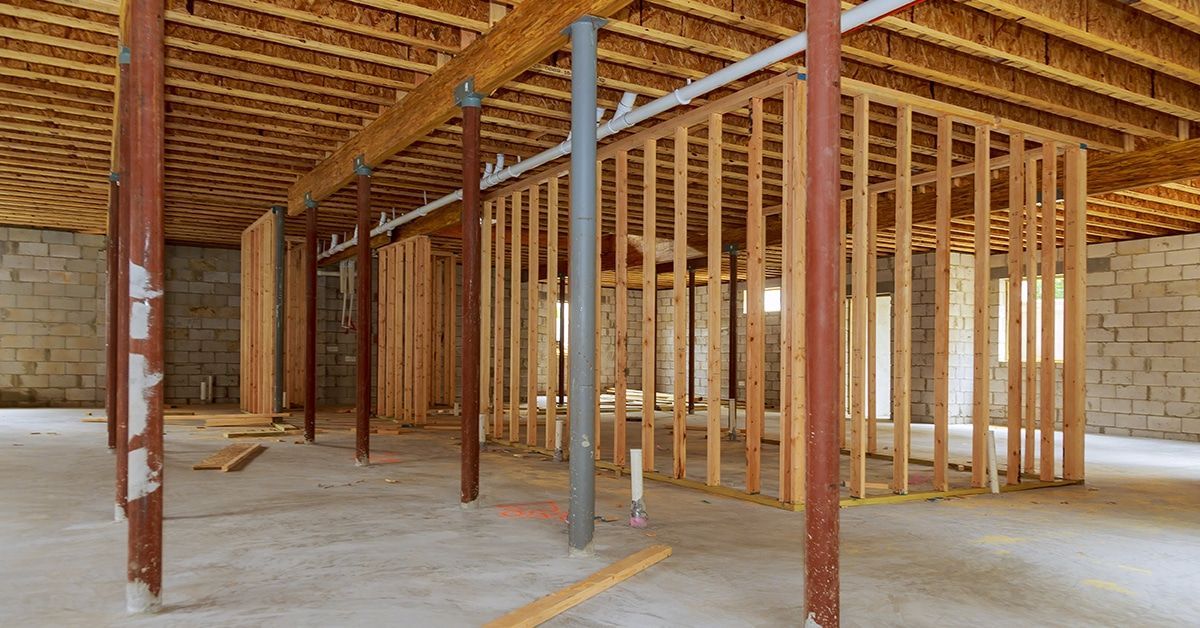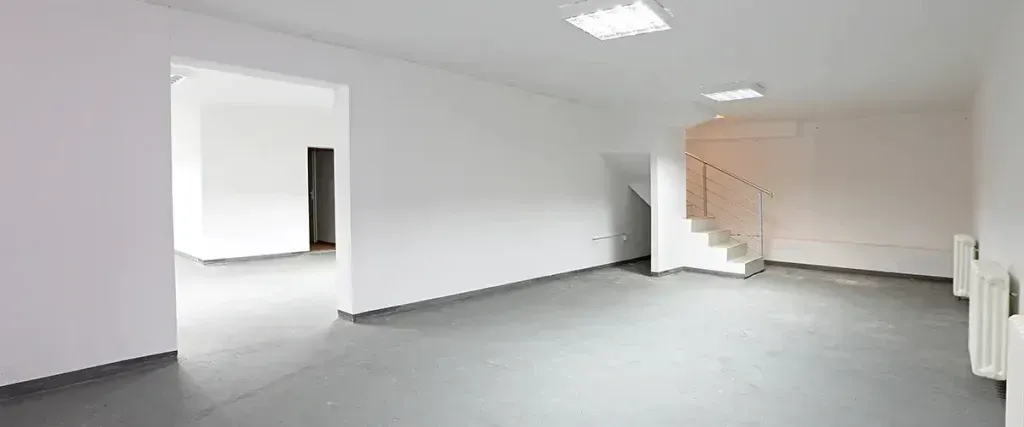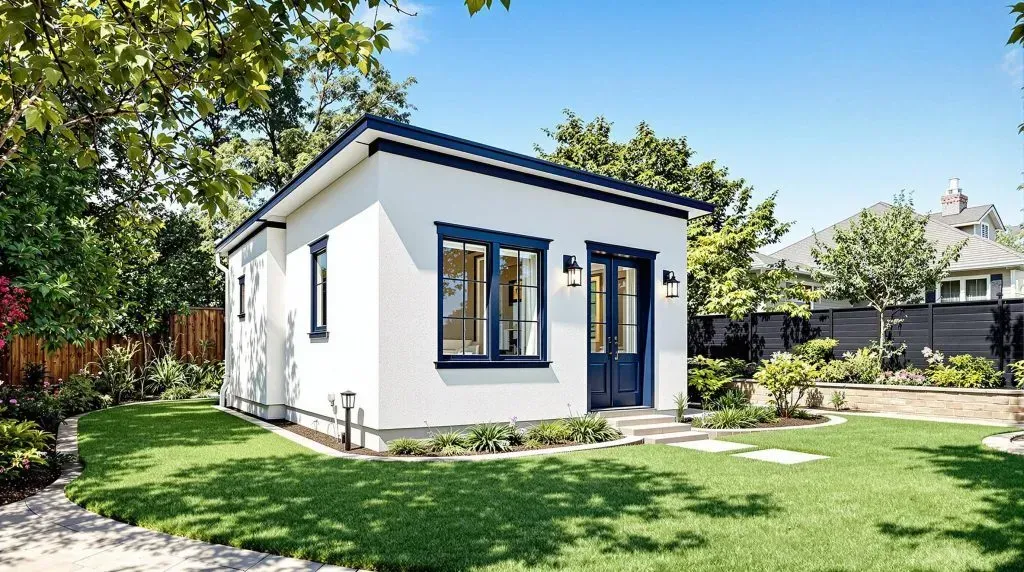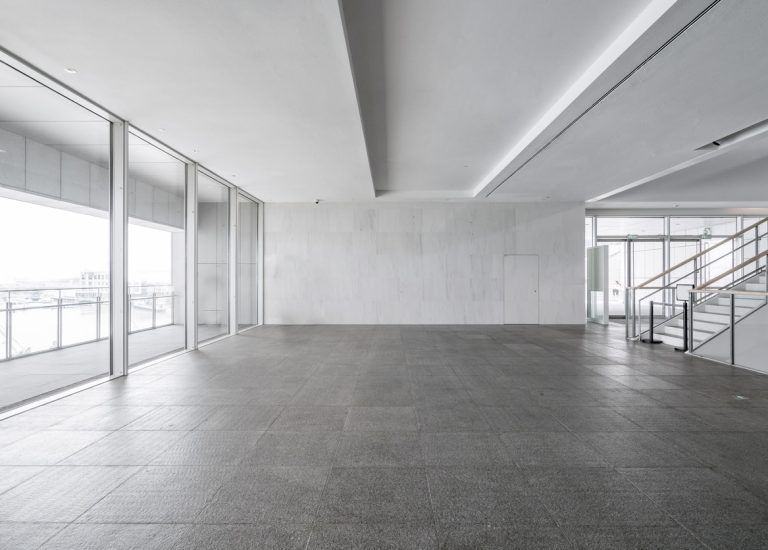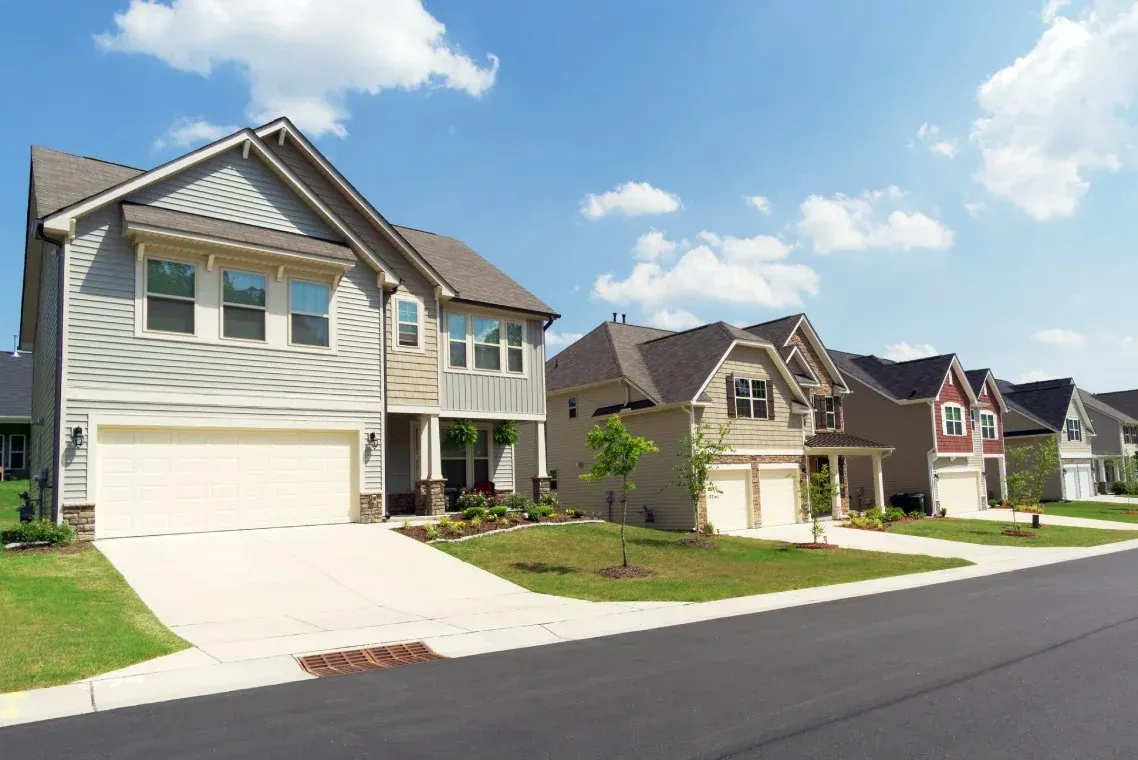What Affects the Cost of Excavation in Rhode Island?
The cost of excavation in Rhode Island is affected by seven primary factors: soil type and conditions, project size and depth, site accessibility, seasonal timing, local permits and regulations, equipment requirements, and disposal needs. Soil conditions have the greatest impact, with rocky glacial soil in northern Rhode Island costing 40-60% more to excavate than sandy coastal soil.
Primary Factors Affecting Rhode Island Excavation Costs
1. Soil Type and Geological Conditions
Rhode Island's Diverse Soil Composition: Rhode Island's unique geological makeup significantly impacts excavation costs across different regions:
Coastal Areas (Newport, Narragansett, Westerly):
- Sandy and loamy soil: Easier excavation, lower costs
- Cost impact: Base pricing ($3.50-$4.50 per cubic yard)
- Minimal rock content, faster completion times
Northern Rhode Island (Woonsocket, Cumberland, Burrillville):
- Glacial till with significant rock content
- Cost impact: 40-60% higher than coastal areas
- Requires specialized equipment and blasting permits
Central Rhode Island (Providence, Cranston, Warwick):
- Mixed soil conditions with moderate rock content
- Cost impact: 20-30% above base pricing
- Variable conditions within single project sites
Soil Testing Impact:
- Geotechnical surveys: $500-$2,000
- Prevents cost overruns and project delays
- Required for major foundation projects
2. Project Size and Excavation Depth
Volume-Based Pricing Structure: Rhode Island excavation costs scale with project complexity:
Small Projects (Under 50 cubic yards):
- Higher per-yard costs due to mobilization
- Typical rate: $5.00-$8.00 per cubic yard
- Examples: Small foundation repairs, utility connections
Medium Projects (50-200 cubic yards):
- Moderate per-yard costs with economies of scale
- Typical rate: $4.00-$6.00 per cubic yard
- Examples: Standard home foundations, pool excavation
Large Projects (Over 200 cubic yards):
- Lower per-yard costs due to efficiency
- Typical rate: $3.50-$5.00 per cubic yard
- Examples: Commercial foundations, large developments
Depth Considerations:
- 0-4 feet: Standard rates apply
- 4-8 feet: 15-25% surcharge for safety measures
- 8+ feet: 30-50% surcharge, requires shoring systems
3. Site Accessibility and Location
Urban vs. Rural Access Challenges:
Dense Urban Areas (Providence, Pawtucket, Newport):
- Limited equipment access: 25-40% cost increase
- Parking and staging restrictions
- Neighbor notification requirements
- Utility density complications
Suburban Locations (Warwick, Cranston, East Greenwich):
- Moderate access challenges: 10-20% cost increase
- Standard equipment can usually access sites
- Moderate utility density
Rural Areas (Foster, Exeter, Hopkinton):
- Easier access: May reduce costs by 5-15%
- Larger equipment can be used efficiently
- Fewer utility complications
Specific Access Factors:
- Narrow driveways: Require smaller, less efficient equipment
- Overhead obstacles: Power lines, trees limiting crane access
- Slope conditions: Steep grades require specialized equipment
- Wet conditions: Swampy areas need matting and drainage
4. Seasonal Timing and Weather Conditions
Rhode Island's Climate Impact on Excavation:
Peak Season (April-October):
- Highest demand and pricing: 20-30% above winter rates
- Optimal working conditions
- Contractors' schedules fully booked
Shoulder Season (March, November):
- Moderate pricing: 10-15% above winter rates
- Good weather with less competition
- Best value for non-emergency projects
Off-Season (December-February):
- Lowest rates but weather challenges
- Frozen ground complications
- Limited availability of contractors
Weather-Related Cost Factors:
- Frost depth: Up to 36 inches in northern Rhode Island
- Wet season impacts: Spring runoff and drainage issues
- Storm season: Hurricane preparation and cleanup costs
5. Local Permits and Regulatory Requirements
Rhode Island State Regulations: Understanding permit requirements prevents costly delays:
Building Permits:
- Residential: $150-$500 depending on municipality
- Commercial: $500-$2,000 based on project scope
- Processing time: 2-6 weeks average
Environmental Permits:
- Wetland proximity: Projects within 200 feet require review
- Environmental assessment: $1,000-$5,000 for sensitive areas
- Groundwater protection: Special requirements in wellhead areas
Municipal Variations:
- Providence: Strictest regulations, highest permit fees
- Newport: Historic district considerations
- Warwick: Moderate requirements, efficient processing
- Rural towns: Simpler processes but longer approval times
DEM (Department of Environmental Management) Requirements:
- Freshwater wetland permits
- Soil erosion and sediment control plans
- Groundwater discharge permits for dewatering
6. Equipment Requirements and Availability
Equipment Costs Based on Project Needs:
Standard Excavation Equipment:
- Mini excavator (up to 8,000 lbs): $300-$400/day
- Mid-size excavator (15,000-20,000 lbs): $500-$700/day
- Large excavator (40,000+ lbs): $800-$1,200/day
Specialized Equipment Surcharges:
- Rock breaker attachments: $200-$300/day additional
- Shoring systems: $500-$1,000/day for deep excavations
- Dewatering equipment: $300-$500/day in wet conditions
Rhode Island Equipment Availability:
- High demand areas: Providence County has most equipment
- Seasonal shortages: Peak construction season limitations
- Specialized equipment: May require sourcing from Boston area
7. Disposal and Material Handling Costs
Rhode Island Disposal Regulations and Costs:
Clean Fill Disposal:
- Approved sites: $15-$25 per cubic yard
- Private properties: $10-$20 per cubic yard (with approval)
- Reuse on-site: Can eliminate disposal costs
Contaminated Soil Disposal:
- Testing requirements: $500-$2,000 for suspicious soils
- Hazardous waste disposal: $100-$500 per cubic yard
- Common in urban areas: Former gas stations, industrial sites
Rock and Debris Disposal:
- Crushed stone facilities: $20-$35 per cubic yard
- Large rock removal: May require blasting, $500-$2,000 additional
- Concrete and asphalt: $25-$40 per cubic yard
Secondary Factors Affecting Excavation Costs
Utility Complications
Common Utility Challenges in Rhode Island:
- Dense utility networks: Especially in older neighborhoods
- Unmarked utilities: Historical infrastructure complications
- Utility relocations: $1,000-$5,000 per incident
- Emergency utility repairs: $500-$2,000 additional costs
Environmental Considerations
Rhode Island Environmental Factors:
- Wetland buffers: State-mandated setbacks from water bodies
- Endangered species habitat: Seasonal work restrictions
- Historical sites: Archaeological surveys may be required
- Noise ordinances: Municipal restrictions on working hours
Insurance and Bonding Requirements
Rhode Island Contractor Requirements:
- General liability: $1-$2 million minimum coverage
- Workers' compensation: State-mandated coverage
- Bonding requirements: For municipal and commercial work
- Environmental liability: For contaminated site work
How to Minimize Excavation Costs in Rhode Island
Strategic Planning Tips:
- Schedule during off-peak seasons (late fall/early spring)
- Combine multiple projects to reduce mobilization costs
- Obtain proper soil testing to avoid surprises
- Prepare sites in advance by clearing vegetation and obstacles
- Choose experienced local contractors familiar with Rhode Island conditions
Cost-Effective Timing:
- Best months: October-November and March-April
- Avoid peak season: May-September unless necessary
- Consider weather windows: Plan around seasonal patterns
Permit Strategy:
- Apply early: Start permit process 4-6 weeks before construction
- Hire local experts: Contractors familiar with municipal requirements
- Bundle permits: Coordinate with other construction permits
Regional Cost Variations Across Rhode Island
Providence County:
- Higher costs: Dense urban environment, strict regulations
- Average premium: 15-25% above state average
- Challenges: Access, utilities, permits
Kent County:
- Moderate costs: Suburban development patterns
- Average pricing: State average pricing
- Advantages: Good contractor availability
Washington County:
- Variable costs: Coastal vs. inland differences
- Coastal premium: 10-15% higher near ocean
- Seasonal access: Summer tourism impacts
Newport County:
- Highest costs: Premium location, historic considerations
- Average premium: 20-30% above state average
- Unique challenges: Historic district regulations
Bristol County:
- Competitive pricing: Smaller market, good access
- Average pricing: 5-10% below state average
- Advantages: Less congested, easier permitting
Ready to start your excavation project in Rhode Island?
Rockhouse Construction brings extensive experience with all the factors that affect excavation costs throughout the state. We understand Rhode Island's unique soil conditions, permitting requirements, and seasonal challenges. Our team provides accurate estimates, handles all permits, and delivers quality excavation services on time and within budget.
Contact us today for a comprehensive assessment of your project needs and a detailed cost estimate.
